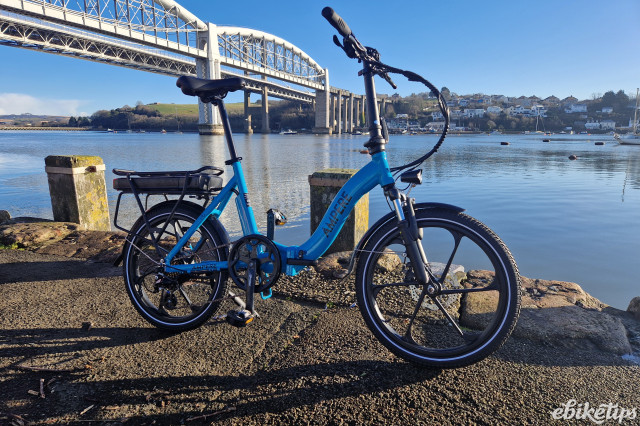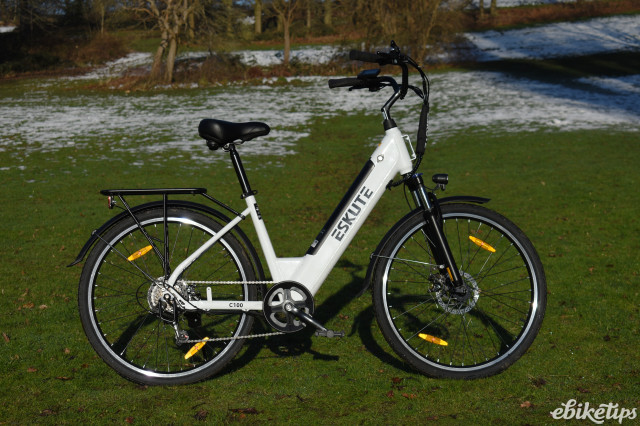The global micromobility market is expected to reach $520 billion by 2035, McKinsey has told Zag Daily. The firm had previously estimated that the market will reach about $360 billion by 2030, up from about $175 billion in 2022 - mainly driven by e-bike sales, with Europe representing the highest share of that value.
The latest findings also revealed that the top five countries in Europe account for almost 50% of the European micromobility market today, with Germany ranked first, France second, and the UK third.
Darius Scurtu, from the McKinsey Center for Future Mobility, said: “The main reason behind these leading markets is their comparatively large population size paired with high prices for privately bought micromobility vehicles and a relatively high saturation of bicycles per capita when comparing to Central and Eastern European countries for example.”
E-bikes account for nearly 40% of Europe’s micromobility market, worth roughly $22 billion in value pools and are expected to reach $110 billion by 2035. Value pools are defined as one-time vehicle sales plus all the downstream revenues such as aftermarket services, maintenance, or connectivity services.
Customers are reportedly willing to spend about 9% more on their next bike purchase, partly driven by the growth of e-bikes and rising prices.
> Best electric bikes under £2,000 2024 – affordable e-bikes across a range of categories
Darius said: “E-bikes serve a broad range of use cases in a relatively effortless way and are therefore more attractive to consumers compared with a conventional bike or other micromobility modes.”
A recent report from national shared transport charity CoMoUK found that the number of e-bikes available through share schemes has overtaken unassisted pedal bikes for the first time in the UK, with more than 25,000 on the road by the end of September 2023. It also said 59% of all bike share hires are now being made on e-bikes.
But according to the Bicycle Association, e-bike volume sales fell 7% in 2023, and while the e-bike share of total bike sales has risen to 9% of volume and 31% of value, it remains three times lower than the European average (27% of total bicycle volume in 2022).
E-bikes are however now outselling unassisted bikes in both Belgium and Germany.
On the global micromobility market, Darius said: “The main underlying drivers for our predictions on the global micromobility market are regulation and consumer behaviour.
“We expect that cities and countries will continue to support micromobility to reach their climate targets as one of many ‘sustainable’ modes, and thus further invest in micromobility infrastructure, provide purchase subsidies, or partner with private micromobility operators.
“We also see rising consumer interest to integrate micromobility into their everyday lives, since modes such as e-bikes allow for longer trips and more use cases, and since micromobility will often become the cheaper and more convenient mode of travel compared to private cars, particularly in inner cities.”






